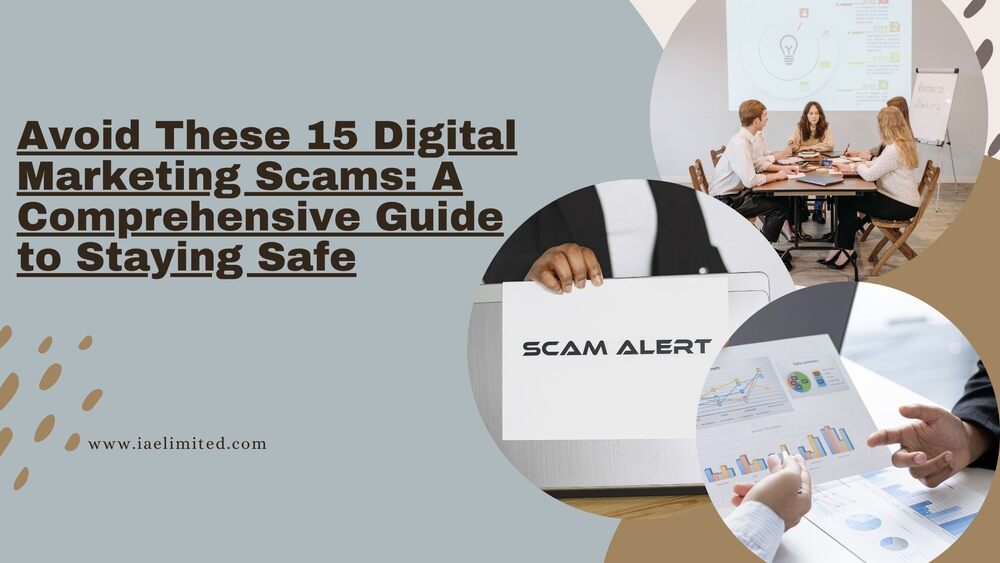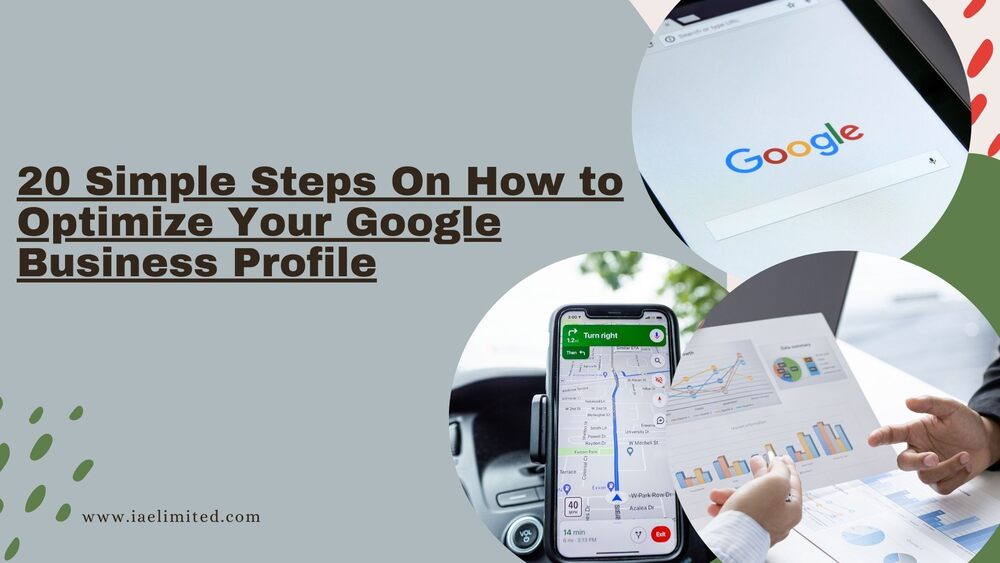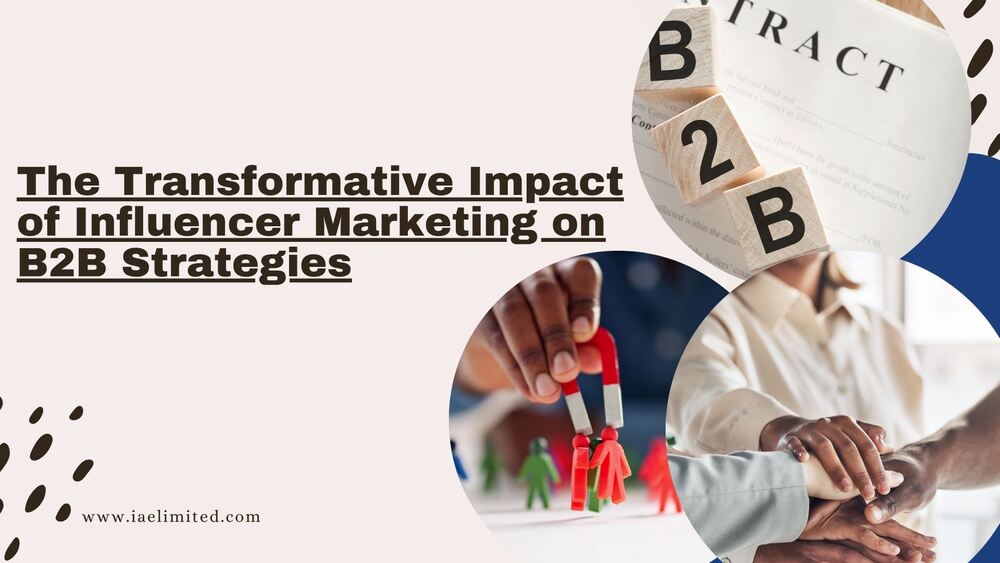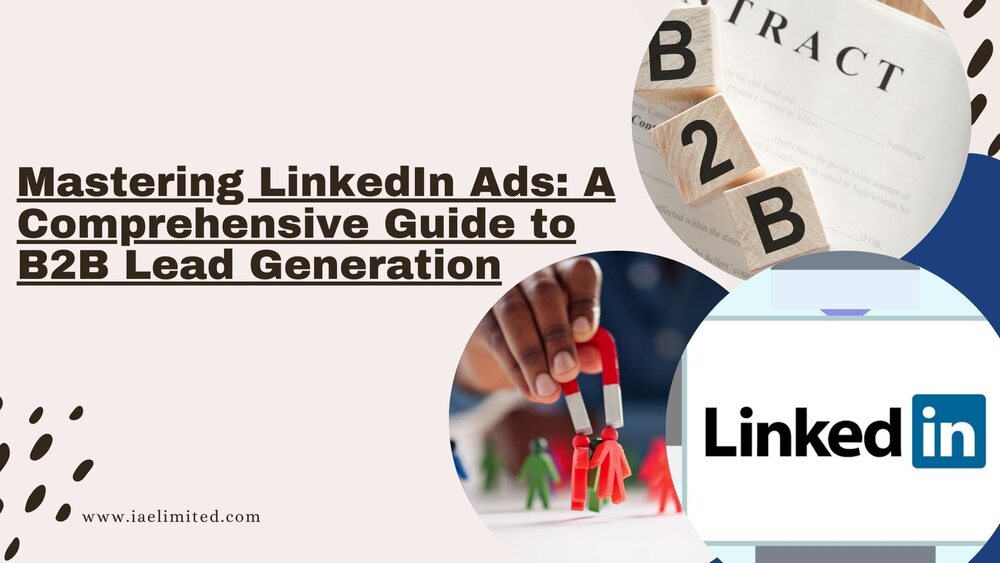
Introduction
Table of Contents
In today’s digital age, growing an online business is more achievable than ever, thanks to the power of digital marketing. Whether you’re just starting or looking to expand, leveraging digital strategies can significantly boost your online presence, drive sales, and build a loyal customer base.
This article explores essential digital marketing strategies to help your e-commerce (online business) thrive. In case you missed it, we recently published a post on, how to Grow Your Small Business with Influencer Marketing in 2024.
The Foundations of Digital Marketing for E-commerce (online business)
Setting Clear Business Goals
Before diving into digital marketing, it’s crucial to establish clear business goals. Are you aiming to increase sales, drive traffic to your website, or build brand awareness? Defining your objectives will guide your marketing efforts and help you measure success.
Understanding Your Target Audience
Knowing your audience is key to any successful marketing campaign. Conduct market research to identify who your customers are, what they need, and how they behave online. Creating detailed buyer personas can help tailor your messaging and choose the right platforms to reach your audience effectively.
Building a Strong Online Presence
A professional, user-friendly website is the foundation of your online presence. Ensure your site is mobile-friendly, loads quickly, and offers easy navigation. High-quality product images and detailed descriptions are essential for converting visitors into customers.
Key Digital Marketing Strategies to Grow Your Online Business
Search Engine Optimization (SEO)
SEO is the process of optimizing your website to rank higher in search engine results. Focus on on-page SEO by optimizing your content, including keywords in your titles, meta descriptions, and headers. Off-page SEO involves building backlinks from reputable sites to boost your site’s authority.
Content Marketing
Content marketing is all about creating and sharing valuable content that attracts and engages your target audience. Start a blog, create how-to videos, or develop infographics to provide value to your audience. Consistent, high-quality content can improve your SEO and establish your brand as an industry authority.
Social Media Marketing
Social media platforms like Facebook, Instagram, and Pinterest are powerful tools for promoting your e-commerce (online business). Share engaging content, interact with followers, and use paid ads to reach a broader audience. Tailor your strategy to each platform to maximize your impact.
Email Marketing
Email marketing remains one of the most effective digital marketing strategies. Build a list of subscribers and segment them based on their interests or purchasing behavior. Send personalized emails with special offers, product recommendations, and updates to keep your audience engaged.
Pay-Per-Click Advertising (PPC)
PPC advertising allows you to place ads on search engines and social media platforms, paying only when someone clicks on your ad. Google Ads and Facebook Ads are popular PPC platforms. Set a budget, target your ads to the right audience, and continuously optimize your campaigns for the best ROI.
Influencer and Affiliate Marketing
Partnering with influencers can help you reach new audiences and build trust. Choose influencers whose followers align with your target market. Similarly, affiliate marketing allows others to promote your products in exchange for a commission on sales, expanding your reach and boosting sales.
Enhancing Customer Experience and Retention
Importance of Customer Service in Digital Marketing
Excellent customer service can set your e-commerce (online business) apart from competitors. Offer multiple channels for support, like chatbots, email, and phone support. Responding promptly and effectively to customer inquiries can build trust and encourage repeat business.
Personalization and Customer Engagement
Personalization is key to engaging your audience and driving conversions. Use data to personalize product recommendations, emails, and ads. Engaging with customers through loyalty programs and exclusive offers can also increase retention and lifetime value.
Building Trust and Credibility Online
Trust is crucial for online shopping. Encourage satisfied customers to leave positive reviews and testimonials. Displaying these on your website can reassure potential buyers and increase conversion rates. Managing your online reputation by responding to feedback—both positive and negative—is also important.
Analytics and Measuring Success
Importance of Analytics in Digital Marketing
To know if your digital marketing efforts are working, you need to track key performance indicators (KPIs) such as website traffic, conversion rates, and customer acquisition costs. Tools like Google Analytics provide valuable insights into your audience’s behavior and the effectiveness of your campaigns.
Making Data-Driven Decisions
Use analytics data to refine your digital marketing strategies. For example, if a particular social media platform is driving most of your traffic, consider increasing your presence there. Adjust your strategies based on what the data tells you about your audience’s preferences and behaviors.
Case Studies and Examples of Successful E-commerce Marketing
Case Study 1: Growing Sales with Content Marketing
A small online fashion retailer saw a 200% increase in sales after implementing a content marketing strategy. They focused on creating blog posts and videos that provided fashion tips and styling advice, attracting more traffic and converting visitors into buyers.
Case Study 2: Boosting Engagement with Social Media Marketing
An online fitness brand doubled its Instagram following in six months by consistently posting engaging content, running giveaways, and collaborating with fitness influencers. This increased brand awareness and significantly boosted sales.
Frequently Asked Questions (FAQs)
What is the most effective digital marketing strategy for online businesses?
The most effective strategy depends on your business goals and target audience. However, combining SEO, content marketing, and social media marketing is often a strong approach.
How can I increase traffic to my e-commerce website?
You can increase traffic by optimizing your website for search engines (SEO), creating valuable content, using social media marketing, and running PPC campaigns.
What role does SEO play in e-commerce success?
SEO helps your website rank higher in search engine results, making it easier for potential customers to find your business. It’s crucial for driving organic traffic and increasing sales.
How often should I update my digital marketing strategy?
Regularly review and update your digital marketing strategy based on analytics data, market trends, and changes in your business goals. A quarterly review is often a good practice.
Is it necessary to invest in paid advertising for online business growth?
While not always necessary, paid advertising can accelerate growth, especially if you’re looking to quickly increase brand visibility and sales.
How can social media marketing boost my online sales?
Social media marketing helps you connect with your audience, promote your products, and drive traffic to your website. It also allows you to engage with customers and build brand loyalty.
What tools can I use to track my digital marketing performance?
Tools like Google Analytics, SEMrush, and social media analytics platforms provide insights into your marketing performance, helping you make informed decisions.
How can I create a successful email marketing campaign?
Segment your email list, create personalized content, and use compelling subject lines. A/B testing and analyzing open and click-through rates are also key to improving your campaigns.
What are the benefits of influencer marketing for e-commerce?
Influencer marketing can help you reach new audiences, build trust, and increase sales. Influencers’ endorsements can be particularly effective in driving conversions.
How do I handle negative reviews online?
Respond to negative reviews promptly and professionally. Address the issue raised, offer a solution, and show that you value customer feedback. This can help mitigate the impact of negative reviews and maintain your reputation.
In Conclusion
Growing your online business with digital marketing requires a well-rounded approach that includes SEO, content marketing, social media engagement, and personalized customer experiences.
By understanding your audience, setting clear goals, and continually refining your strategies based on data, you can drive sustained growth and achieve long-term success.





